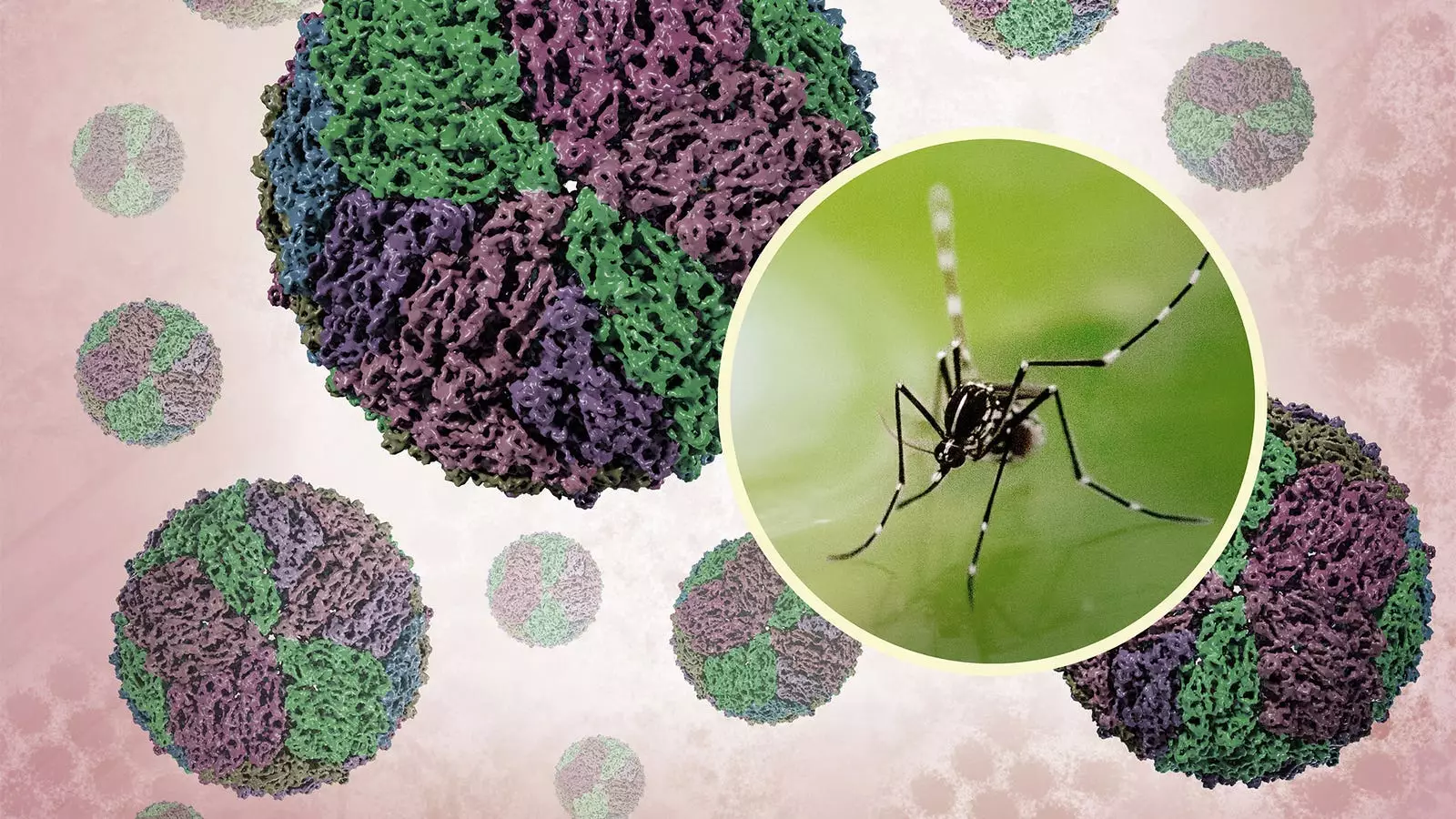Dengue, the world’s most common mosquito-borne virus, has become a poster child for the 21st century’s explosion of epidemic, vector-borne blights. The recent Health Advisory from the CDC reveals alarming statistics about the rapid spread of dengue. In 2023, there were 4.6 million reported cases of dengue in the Americas, but by June 24 of this year, the count had already doubled to 9.7 million. This increase is a clear indication of the growing threat posed by dengue.
The rise in dengue cases can be attributed to various factors, including overseas travel, which has rebounded due to waning concerns over COVID. As more people travel, the likelihood of local cases of dengue also increases, especially in states where Aedes aegypti and Aedes albopictus mosquitoes, known transmitters of the virus, are present. Moreover, autochthonous transmission of dengue within the U.S. is not unheard of, with outbreaks and sporadic cases occurring in states like Florida, Hawaii, Texas, and more recently, Arizona and California.
The global spread of dengue is facilitated by various factors that have propelled it from a neglected tropical disease to a major public health concern. The distribution of dengue’s four serotypes has led to multiple strains circulating in highly endemic areas. The expansion of Aedes aegypti and Aedes albopictus mosquitoes, coupled with their preference for breeding in man-made habitats and biting multiple hosts, has further fueled the transmission of the virus. The rapid urbanization and crowding in tropical countries have created ideal conditions for the proliferation of dengue. Additionally, the warming climate has accelerated the replication of the virus, increased vector populations, and extended the transmission season, creating a perfect storm for dengue outbreaks.
Personal experiences with dengue highlight the severity of the disease and its impact on individuals. A couple’s honeymoon turned into a nightmare when the bride contracted dengue, experiencing severe symptoms that required hospitalization and prolonged recovery. Another individual, unaware of dengue, struggled to identify the cause of her illness until a friend suggested testing for the virus. These stories underscore the importance of awareness and early detection in managing dengue cases.
Travel medicine experts like Dr. David O. Freedman emphasize the importance of taking precautions when visiting dengue-endemic areas. Strategies such as wearing protective clothing, using insect repellent, and avoiding outdoor dining can help reduce the risk of mosquito bites. While a new vaccine has been endorsed by the WHO for high-transmission settings, its efficacy for travelers and expatriates remains uncertain. Research efforts are ongoing to develop next-generation vaccines that offer broader protection against all dengue serotypes. The hope is that these vaccines will help control the spread of dengue and mitigate its impact on global health in the years to come.


Leave a Reply